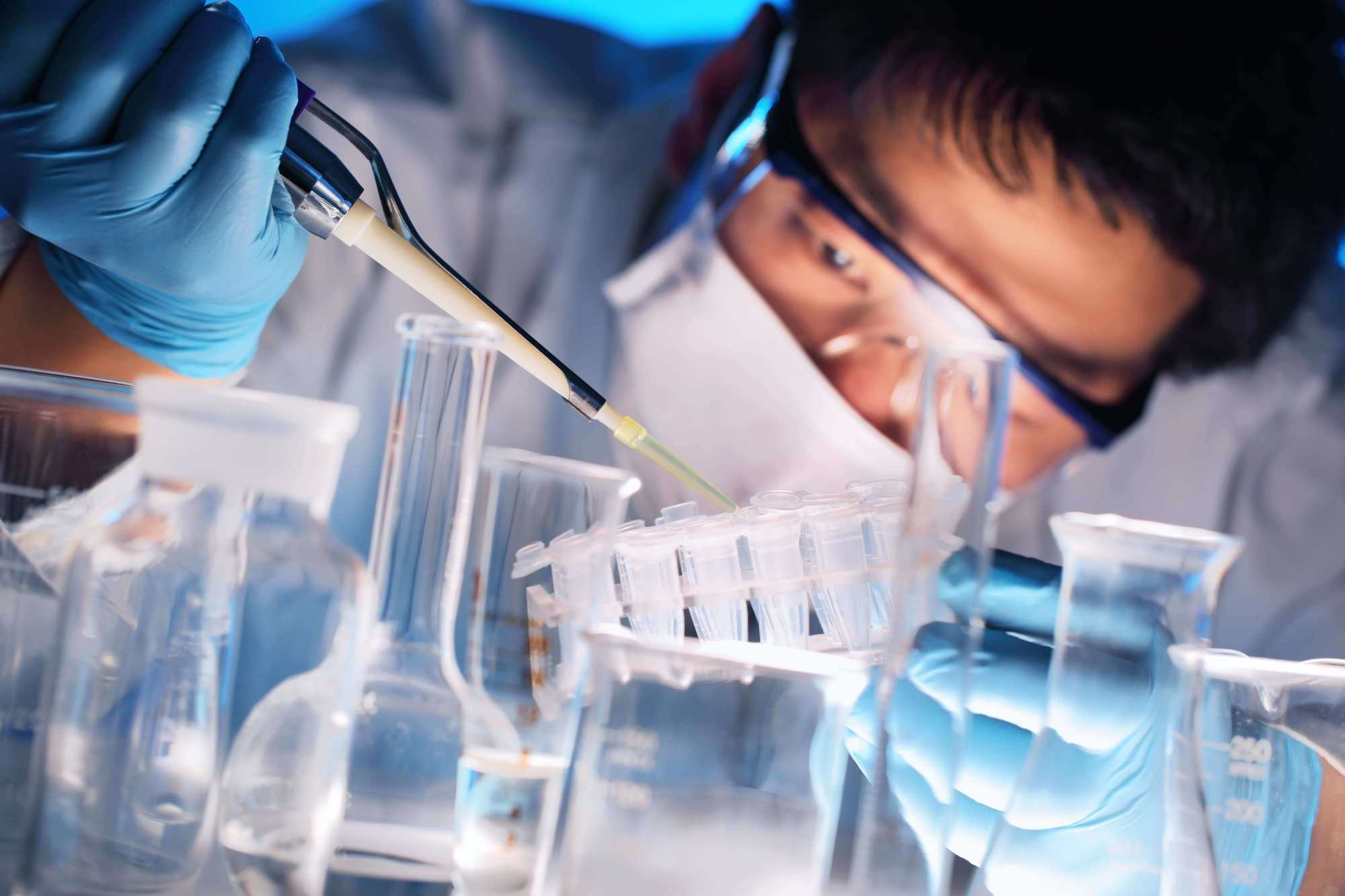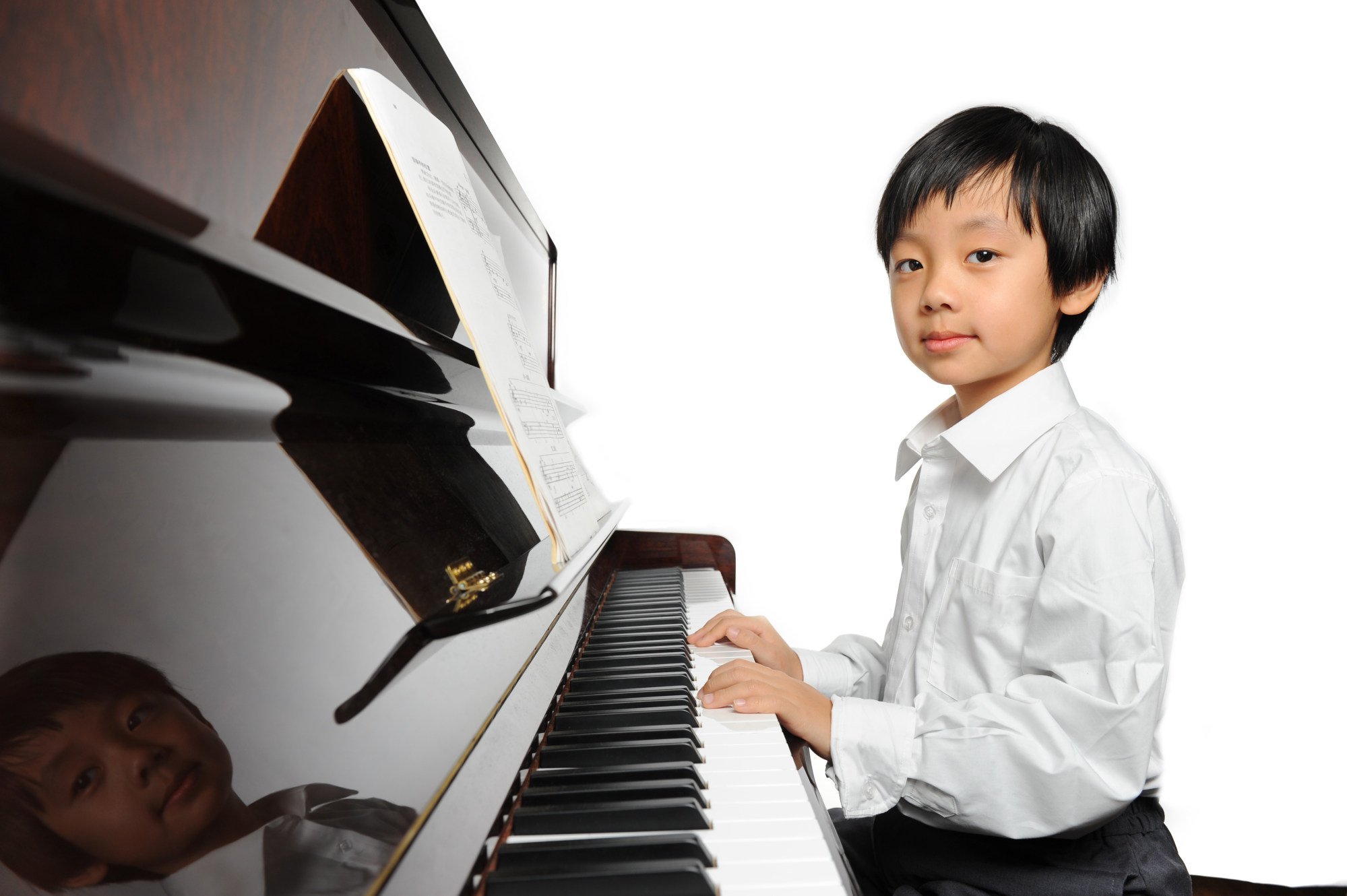Parents seek to tailor child-raising with expensive gene tests. Experts warn there is no evidence that process works. — SCMP
Parents in China are paying thousands of yuan (hundreds of US dollars) to gene test their children in the hope of finding a unique natural talent against the advice of experts who say the process is bogus.
Mainland parents have been flocking to gene testing companies with samples of their children’s DNA, Beijing News reported.
They receive a report on whether the children stand out in dozens of areas, such as their intelligence quotient, or IQ, emotion quotient, EQ, music, sports, dance and personality.
For the IQ analysis, testing companies will give specific measurements for more than 10 characteristics, such as language expression, reading comprehension, imagination and logic deduction.
Many of the gene testing companies claim 99.9% accuracy, despite a lack of follow-up evidence to determine if their talent metric is correct.

They insist that scientific literature validates their service but also refuse to show the studies to customers, saying the validation comes from their internal research, the news report said.
Wu Jia, a mother in Beijing, is a fan of gene testing and paid a Guangzhou-based company in southeastern China 2,000 yuan (RM1,287) earlier this year to test her twin daughters. Her daughters were seven months old when she tested them.
As well as a 35-page-long “child growth advice report” for each baby, Wu was also offered online consultations from a “genetics professor”.
“I am interested in this service because I think it will help me provide tailor-made education to my kids,” Wu was quoted as saying.
Huang Shangzhi, a genetics researcher from Peking Union Medical College in Beijing, said there is no evidence that proves any relationship between genes and talent.
“Gene testing is mainly used in disease screening, diagnosis and therapy,” the academic told the Beijing News.
Hu Suwei, a researcher from Yangzhou Medicine Genetics Centre in Jiangsu, agreed with Huang.
“It is impossible to tell a kid’s natural talent through gene testing. These testing services are just a trick,” Hu said in an interview with Jiangsu TV in 2020.
Chen Yinjiang, a consumer’s rights protection specialist from the China Law Society, said the testing companies are creating a “science gimmick” to target parents in their marketing campaigns.

“They are taking advantage of the parents’ belief that their kids cannot lose at the starting line, which is why they manufacture a ‘talent gene’ in their advertisements,” said Chen.
Talent gene testing has become a topic of heated discussion in China, with many online observers criticising it.
“It is basically fortune-telling disguised as science and technology,” said one person.
“Hard work and the home environment have the biggest impact on personal growth. These factors cannot be shown in the testing,” said another. – South China Morning Post





